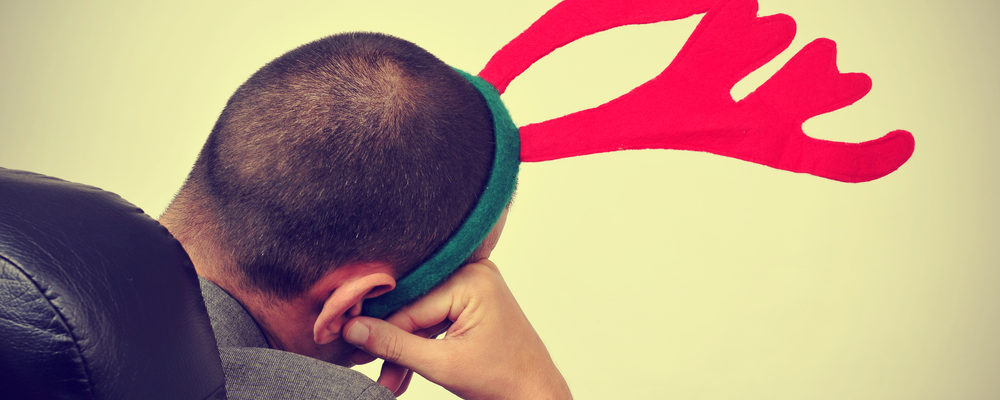With the UK workforce deep in the heart of office Christmas party season, a BBC report has highlighted one firm’s interesting contingency for workers’ sore heads, which operates all year round.
In the 12 December piece, 19-year-old PR manager Ellie, who works at digital marketing agency The Audit Lab, explains that the firm provides staff with ‘hangover days’ so they can deal with the fallout of adventurous nights out and, at the same time, work remotely. [1]
“This year I have taken two hangover days when I’ve been out with my friends, and I’ve taken three from when I’ve been out on work nights,” Ellie says. She explains: “The perk has a lot in it. It is about honesty, it’s about people being able to not lie to their managers. But also, the idea behind it is that parents have a lot of perks at our business, but there are not necessarily any for people who don't have children. So this is a perk for people who don't have kids.”
Outlining the rationale behind the initiative, The Audit Lab’s co-founder and director Claire Crompton says: “We wanted to offer something to younger millennials who typically go out mid-week and do the pub quiz. My team book a hangover day in advance, if they know they are going out. They just work in their PJs, sat at home on the couch.”
She adds: “If people used it two or three times a week and missed important client meetings then we’d have to have a think. But everyone has been really respectful of it so far. It’s basically a work-from-home day, but we’ve sexed it up a bit to appeal to the younger generation.”
[Update 07/01/20: The Audit Lab has been in touch to provide us with the full rules for their hangover days policy – please find the details here.]
In a News and Views blog of 1 July, we reported on a study from the Institute of Alcohol Studies (IAS) indicating that hangovers could be costing the UK economy up to £1.4 billion per year. Research adviser Dr Sally Adams of the University of Bath noted that the IAS research “reveals the true economic costs of alcohol hangover in the workplace, with evidence of hangover presenteeism and associated impairments in productivity and team morale, as reported by individuals and their colleagues”.
How should we rate The Audit Lab’s efforts to snip that type of presenteeism out of the picture?
The Institute of Leadership & Management’s head of research, policy and standards Kate Cooper says: “It’s undoubtedly the case that flexible working is a perk for everybody, irrespective of their parental or other caring responsibilities. And that’s what this firm is tapping into here: the opportunity to work at home on days when you’ve had a late night.
However, she notes: “Personally, I’m not sure whether the use of the term ‘hangover day’ – given the well-documented problems that arise from excess consumption of alcohol – is altogether wise. It could perhaps unintentionally send out a message that it’s okay to drink to the level where you get a hangover.
“An alternative angle for a company thinking of adopting such a policy could be to really push the flexible working message instead: you’ve had a late night, you don’t want a long commute, you’re not feeling 100% and you want to stay at home. You can still work, and you don’t have to phone in sick – so you get those benefits of the flexible approach.”
Cooper adds: “Overall, I think this is a sensitive form of management. I would only question associating the benefit too closely with heavy alcohol consumption, rather than the advantages of flexible working.”
For further insights on the themes raised in this blog, check out the Institute’s reports Going Remote: leading dispersed teams and Flexible Working: goodbye nine to five
Source ref: [1]

